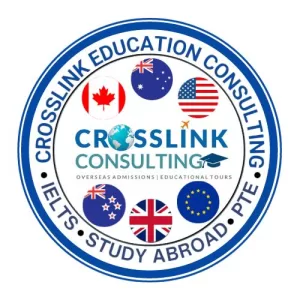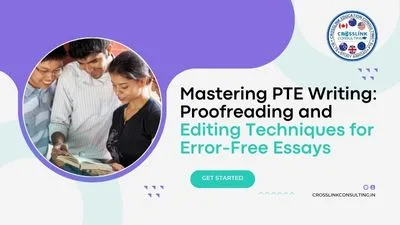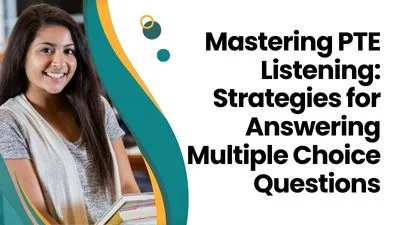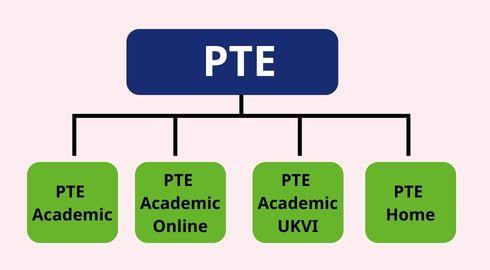As the day of your IELTS success exam approaches, it’s natural to feel a mix of excitement and nervousness. However, with the right preparation and mind-set, you can approach test day with confidence and maximize your chances of success. In this blog post, we’ll explore some invaluable tips and strategies to help you navigate test day smoothly and perform at your best in the IELTS success exam.
1. Plan Your Journey in Advance:
Avoid unnecessary stress on the morning of the exam by planning your journey to the test centre in advance. Familiarize yourself with the location of the test centre and the transportation options available. Aim to arrive at least 30 minutes before the scheduled start time to allow for any unexpected delays.
2. Get a Good Night’s Sleep:
Ensure you get adequate rest the night before the exam to feel refreshed and alert on test day. Avoid staying up late studying and instead focus on relaxing activities that will help you unwind. Aim for 7-8 hours of sleep to wake up feeling well-rested and ready to tackle the exam.
3. Eat a Nutritious Breakfast:
Start your day with a balanced and nutritious breakfast to fuel your body and mind for the challenges ahead. Choose foods that are high in protein and complex carbohydrates to provide sustained energy throughout the exam. Avoid heavy or greasy meals that may cause discomfort during the test.
4. Bring the Required Documents:
Double-check that you have all the necessary documents required for admission to the test centre, including your identification (passport or national ID card) and your IELTS success test booking confirmation. Failure to bring these documents could result in being denied entry to the exam.
5. Dress Comfortably:
Wear comfortable clothing on test day to help you feel relaxed and focused during the exam. Dress in layers so that you can adjust to the temperature of the test room, which may vary. Avoid wearing anything that may cause distraction or discomfort, such as tight clothing or noisy accessories.
6. Stay Calm and Confident:
Approach the exam with a positive mind-set and confidence in your abilities. Remind yourself that you have prepared diligently and are capable of performing well. Take deep breaths and use relaxation techniques to manage any pre-exam jitters. Visualize success and focus on the task at hand.
7. Manage Your Time Wisely:
During the exam, keep an eye on the time and pace yourself accordingly. Allocate time for each section based on the number of questions and the allotted time for completion. If you get stuck on a particular question, move on and come back to it later if time permits.
8. Read Instructions Carefully:
Before starting each section of the exam, take a moment to read the instructions carefully. Pay attention to any specific requirements or guidelines provided and ensure that you understand what is expected of you. Following instructions accurately can prevent costly mistakes and maximize your chances of success.
9. Focus on Accuracy and Clarity:
In both the written and spoken sections of the exam, prioritize accuracy and clarity in your responses. Pay attention to grammar, vocabulary, and pronunciation to convey your ideas effectively. Take your time to formulate well-structured and coherent responses that address the given tasks.
10. Stay Positive Till the End:
Maintain a positive attitude throughout the duration of the exam, even if you encounter challenging questions or tasks. Keep persevering and give your best effort until the very end. Remember that every question contributes to your overall score, so don’t dwell on mistakes and remain focused on doing your best.
In conclusion, approaching test day with careful planning, confidence, and a positive mind-set can significantly enhance your performance in the IELTS success exam. By following these tips and strategies, you can navigate the challenges of test day with ease and achieve the band score you desire.
Team Crosslink wishes you good luck!
































